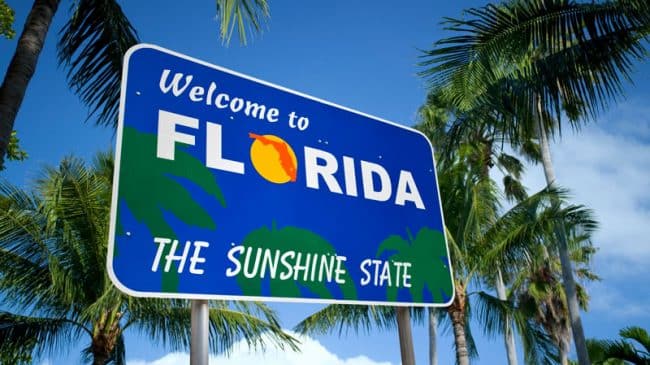Executive Summary
Governments at every level are turning to competitive sourcing to improve the efficiency and effectiveness of functions traditionally performed by government. Typically, savings of 30 percent can be achieved.
Yet saving money isn’t the only reason why governments are using this time-tested principle of economics. Competition also can improve service quality. A recent survey by the Council of State Governments confirms this. Half the respondents said their use of public-private competition was likely to increase, and the rest said that it would at least stay the same. This wouldn’t have been the trend if they were dissatisfied with the results.
Florida has been a leader in competitive sourcing, and the state’s experience over the past three governorships transcends party lines. However, the pace has recently picked up. In fact, since Gov. Jeb Bush took office in 1999, Florida has engaged in 138 competitive sourcing projects ranging from prison food service to maintenance in state parks.
This has coincided with a period when the state government’s fiscal condition has generally prospered – despite a national recession and the shock that the events of 9/11 delivered to travel and tourism. Since 1999, while many other states were raising taxes, Floridians received more than $8.5 billion in tax relief.
Not every initiative has gone perfectly. Recently, some high profile projects have been justly criticized for disappointing results. Clearly, there is much to be learned and room for improvement with Florida’s competitive sourcing initiatives. To ensure success, any future initiative will have to apply those lessons learned.
Recognizing that need, Governor Bush set out to improve the competitive sourcing process. That led to the creation of the Center for Efficient Government, the nation’s most transparent, results-oriented, and accountable public-private competition process. The Center, in turn, devised the GATE Management process to review initiatives at critical stages. The reviews are conducted independently of the project team, and a project will move ahead only if it can demonstrate benefits and/or savings.
There will always be opportunities to make the state’s contracting process better. While Florida’s improved competitive sourcing process is still new and may still have some kinks that will need to be worked out, it is the best process process now in use anywhere, and other states are already looking to emulate Florida’s successes.
Most Floridians, like people everywhere, want their tax dollars spent in the most effective and efficient manner possible. If there is one thing to learn, it’s that competition works to promote efficiency and restrain costs. Governments at every level have embraced it and will continue to do so. The inescapable conclusion for Florida: Stay the course.
